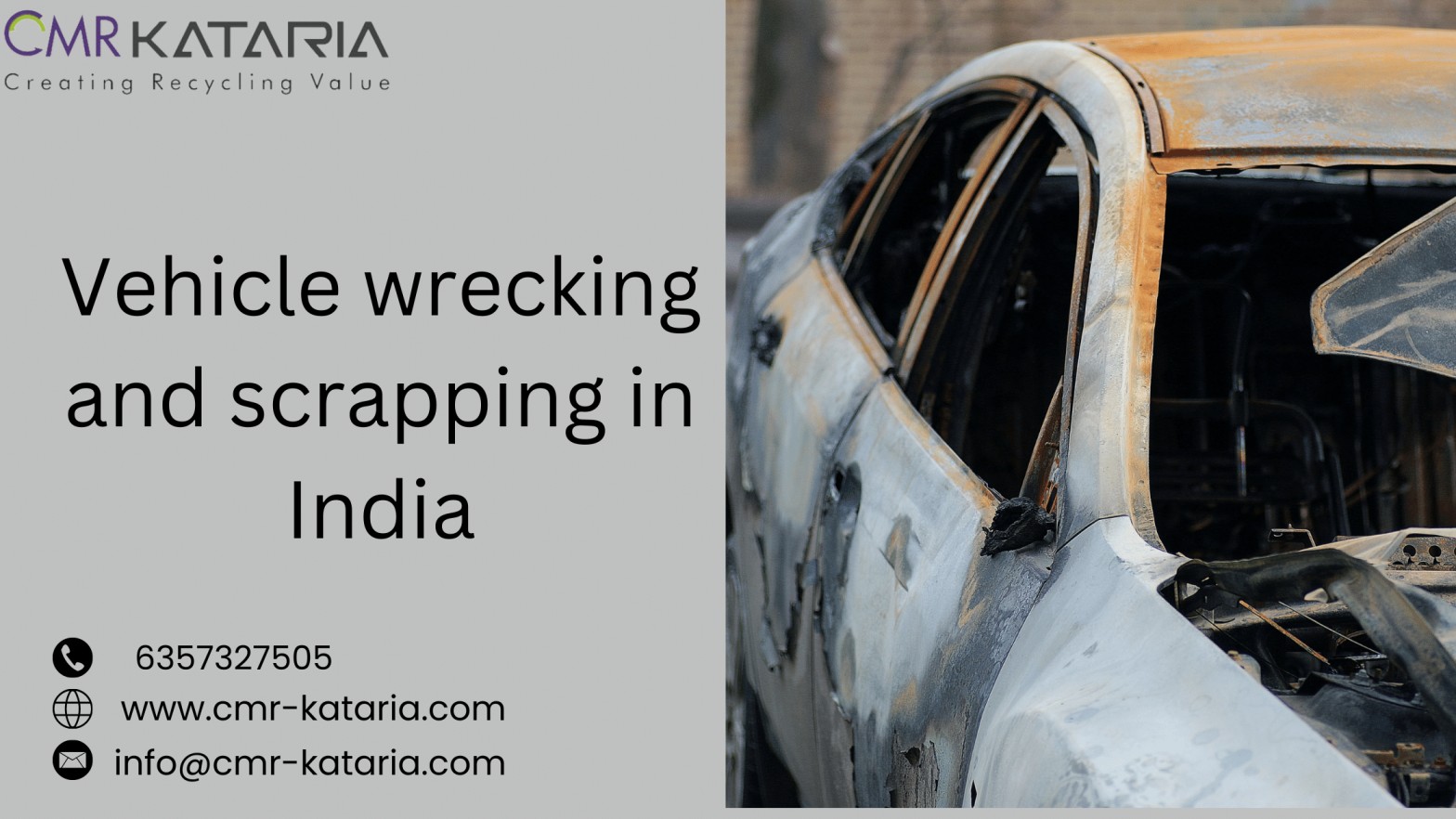Since the 2008 global recession, there have been policies governing the destruction of vehicles. Governments throughout the world, including those in India, have been enacting car scrapping laws to ensure that there is an increase in the sales of new cars and that inefficient vehicles are removed off the roads in an environmentally beneficial way. The Government of India introduced a new Vehicle Scrappage Policy on August 13, 2021, giving the auto industry a new identity and promote the circular economy, which will make the process of financial development more sustainable and environmentally beneficial.
Car Wrecking/ Vehicle Scrapping In India
You can sell an automobile to private customers if you no longer use it. You can also get in touch with a company that buys automobiles for cash. Scrap vehicles for sale is seeing a huge rise in the urban sector and if you are looking for the process to go about it, this blog can help you.
The first step is to call the company and receive a tentative quote for the selling price. They can tell you about the acceptable car models, parts and conditions. Generally, there will be an inspection before the final selling. You might have forgotten personal belongings in the car, and you won’t be able to retrieve them while it is in the shop. You can either use up any remaining fuel or drain it if it does. To save time and effort, you may also inquire if the drain can be removed by the auto wreckers themselves.
Object of the Vehicle Scrapping Policy
The policy’s primary goal is the methodical removal and recycling of all defective cars. The main goal is to reduce environmental pollution brought on by old, inefficient automobiles that have been in service for a long period. This legislation will help to recycle used auto parts and machinery as well as important materials like steel, plastic, and copper, in addition to lowering air pollution. Additionally, the goal of implementing this policy was to increase automobile sales
Fitness test under the Vehicle Scrapping Policy
According to the new rules, owners who want to operate their vehicle on Indian streets must pass a fitness test if it is older than the required age (15 years for private vehicles and 10 years for commercial vehicles). The vehicle’s suitability will be assessed using a variety of test methods, including:
- The condition of the engine
- The emission status
- The fuel efficiency of the vehicle,
- The safety and the safety features.
The vehicle’s registration will be revoked if it fails the fitness test. The automobile in question will subsequently be sent for scrap together with other vehicles. The aforementioned policy is part of the Voluntary Vehicle Modernization Programme (VVMP), therefore if the car doesn’t pass the fitness test, the owner must drop the car off at one of the 60–70 authorised scrap yards spread out around the nation. A 2-year-valid scrap certificate will be supplied to the owner in exchange for this. He can use the discount certificate in place of a certificate of deposit for junking an old car to receive a discount of up to 5% off the ex-showroom price when purchasing a new vehicle.
Advantages
Cleaner air
The air will be much cleaner as a result of this programme, which is its main benefit. Given that inefficient vehicles are removed off the road, the amount of air pollution will surely decrease.
Increase in sale of new vehicles
With the old cars being scrapped, the new car sales will soar as a result of this new policy.
Easy, safe and faster commute
Given the cutting-edge and improved features that today’s vehicles have, together with the additional safety precautions, travelling on Indian roads will be much safer, easier, and faster.
Employment opportunities
Many authorised vehicle scrapping facilities are being established by the Indian government, which will result in a significant increase in employment possibilities







